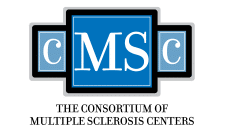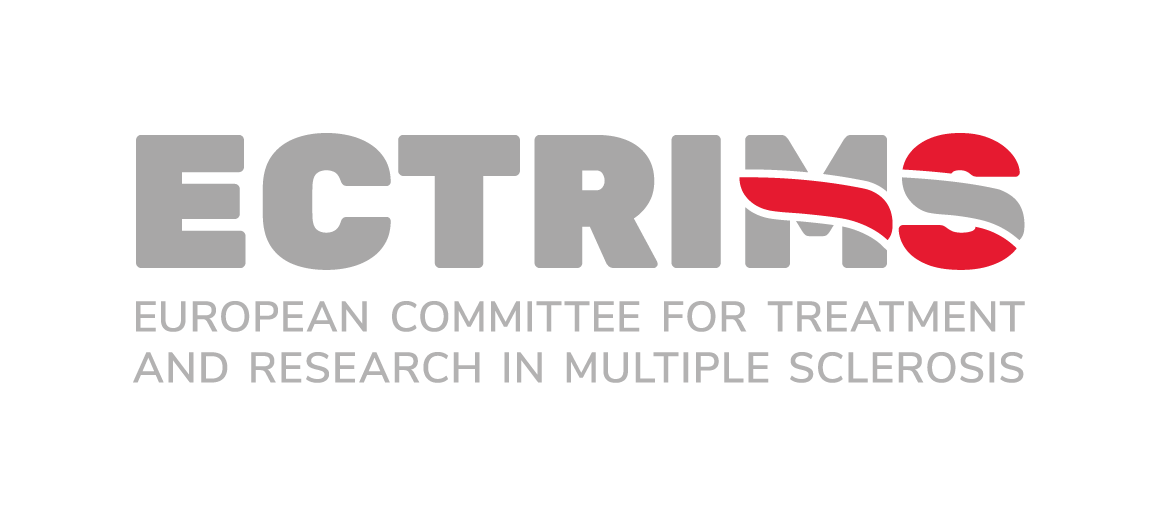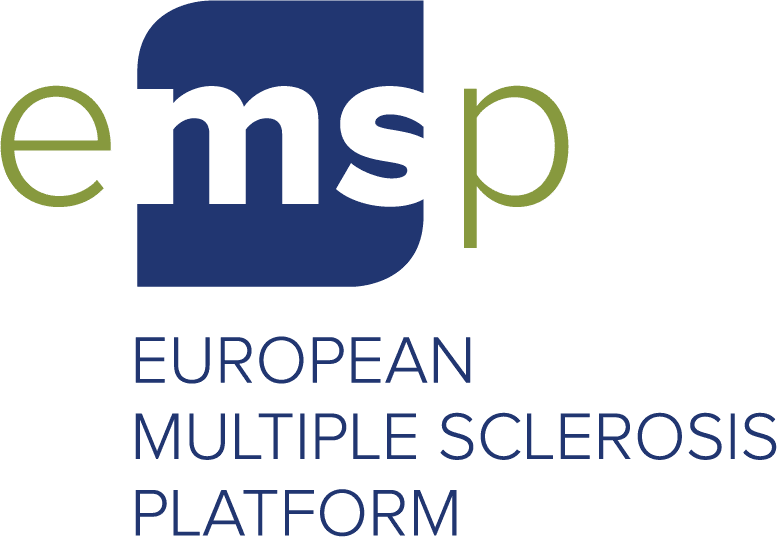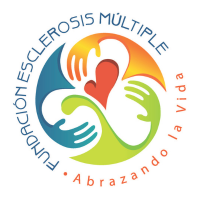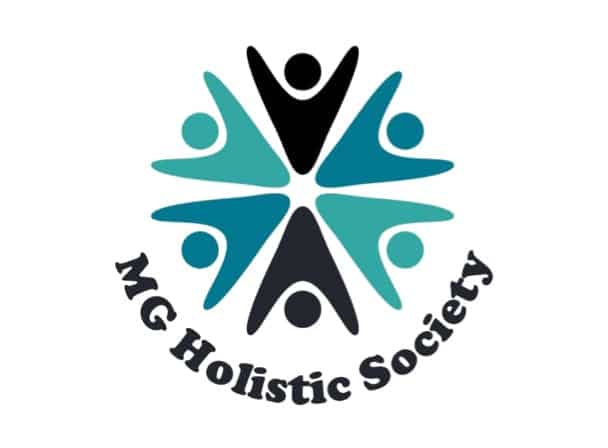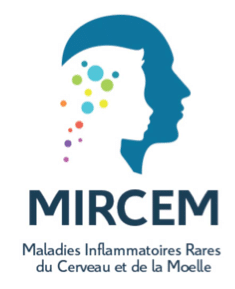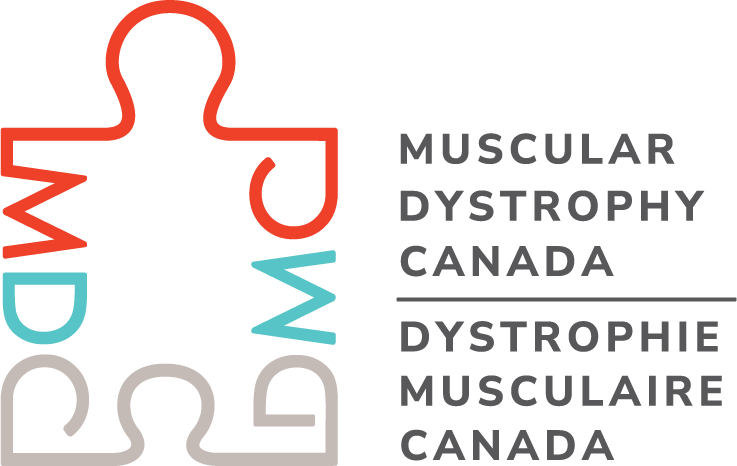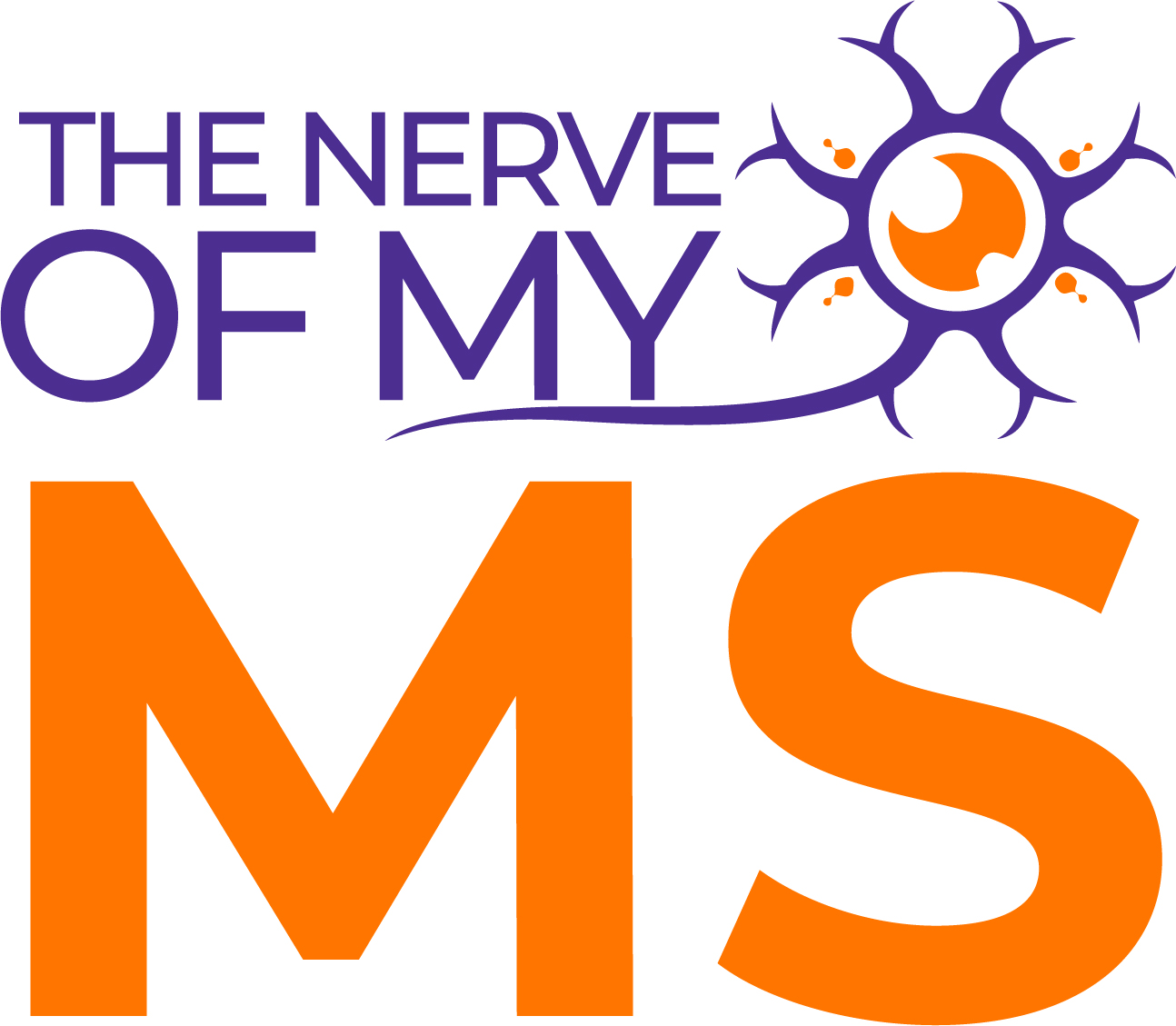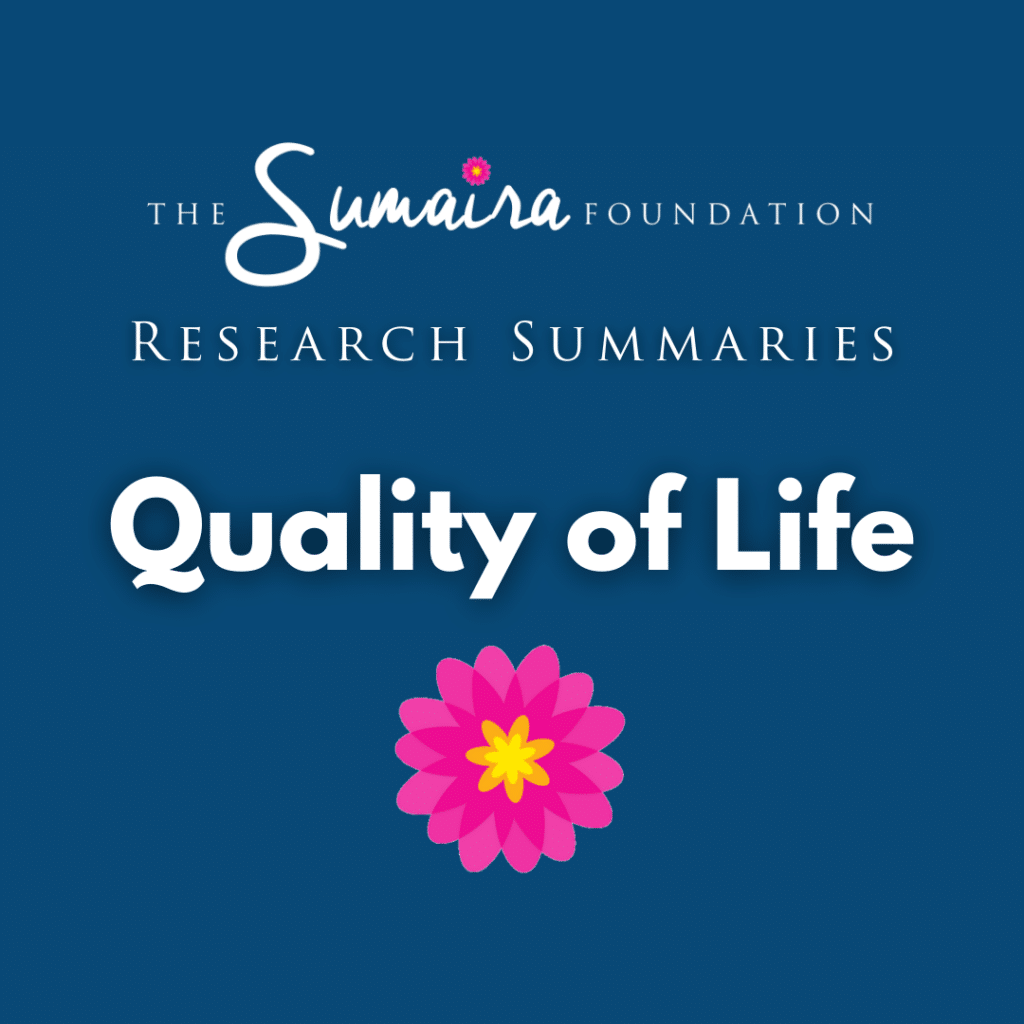
Cognitive and psychopathological features of neuromyelitis optica spectrum disorder and myelin oligodendrocyte glycoprotein antibody-associated disease: A narrative review
Journal: Multiple Sclerosis and Related Disorders; May 1, 2024
Author(s): Christina Kazzi, Rubina Alpitsis Terence J. O'Brien, Charles B. Malpas, Mastura Monif
Impact of NMOSD and MOGAD on thinking abilities and emotions
Neurological conditions like NMOSD and MOGAD can cause considerable strain on thinking (cognitive) abilities and have significant emotional (psychological) impact. This study discusses the impact of NMOSD and MOGAD on thinking abilities and emotional wellbeing.
Thinking abilities (cognitive function) seem to be affected in both NMOSD and MOGAD. In studies on NMOSD, patients often had problems with attention and speed of information processing. Compared to NMOSD, fewer studies on MOGAD are available, and only very few MOGAD patients in this study (especially patients who were diagnosed in childhood) showed problems with thinking abilities.
Regarding the emotional impact of NMOSD and MOGAD, patients with either condition had higher chances of experiencing depression and anxiety.
This study indicates a need for further research into the holistic wellbeing of NMOSD and MOGAD patients and for rehabilitation programmes to be developed that also address mental and emotional wellbeing, apart from physical treatment.
Free Access: Full text




















